Popular Hockey Gloves
See more Popular Hockey Gloves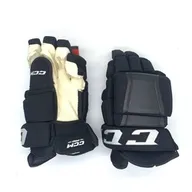
CCM HG97
161 Available
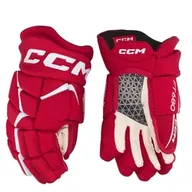
CCM JetSpeed FT1
107 Available
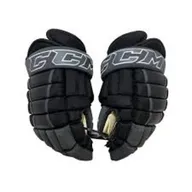
CCM HG4PC
13 Available

CCM HG 4R Pro
12 Available
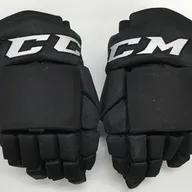
CCM HGTK
80 Available
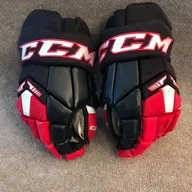
CCM HG42
22 Available
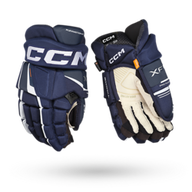
CCM HGTKPP
116 Available
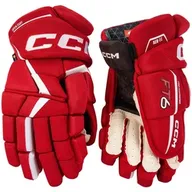
CCM JetSpeed FT6
16 Available
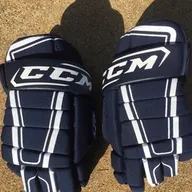
CCM Tacks 4 Roll
12 Available
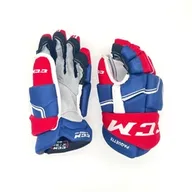
CCM HGQL
54 Available
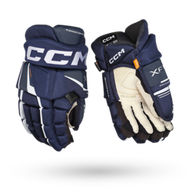
CCM Pro Model
31 Available
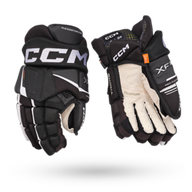
CCM HG12
69 Available
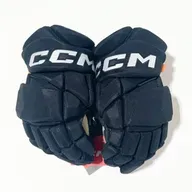
CCM HGPJSPP
84 Available

CCM HG95C
10 Available

CCM HGCL
21 Available

CCM JetSpeed FT485
14 Available
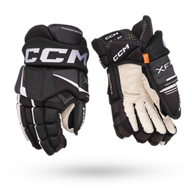
CCM HGPJS
39 Available
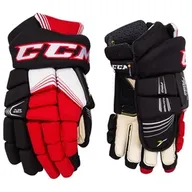
CCM Tacks 7092
13 Available
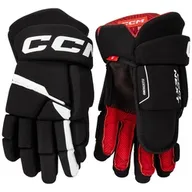
CCM Next
32 Available
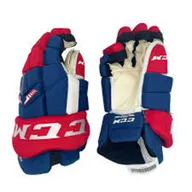
CCM HGTKXP
30 Available
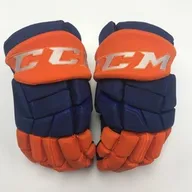
CCM HGQLXP
20 Available

CCM HGJSCHLPP
9 Available
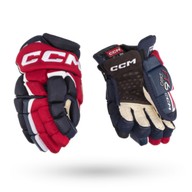
CCM FT6 Pro
9 Available
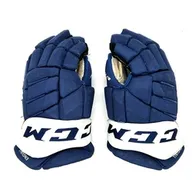
CCM HGJS
8 Available

CCM HGPJSXP
8 Available

CCM HG42PP
7 Available
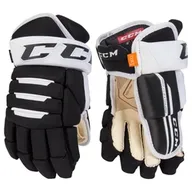
CCM Tacks 4 roll pro 2
7 Available

CCM HG4RPP
6 Available
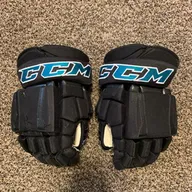
CCM HGCLPR
6 Available

CCM HGQLPP
6 Available
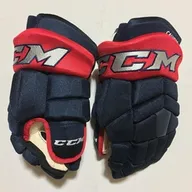
CCM HGTKSP
6 Available
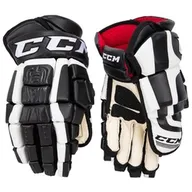
CCM U+ Crazy Light
6 Available
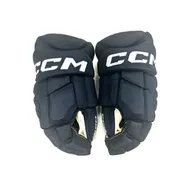
CCM HGJSCHL
5 Available

CCM JetSpeed FT4
9 Available

CCM Tacks AS-V Pro
6 Available

CCM HG10KX
4 Available

CCM HG50
4 Available
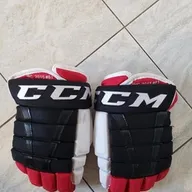
CCM HG96
4 Available

CCM JetSpeed FT4 Pro
7 Available
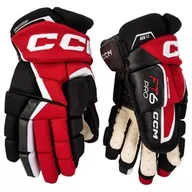
CCM JetSpeed FT6 Pro
5 Available
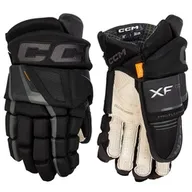
CCM Tacks XF Pro
4 Available
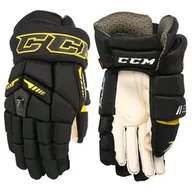
CCM Ultra Tacks
5 Available

CCM As-v pro
3 Available
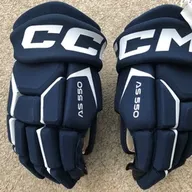
CCM AS550
6 Available
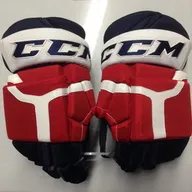
CCM HG50PP
3 Available

CCM HG99
3 Available

CCM HGP14
2 Available
1,213 Results

Styli
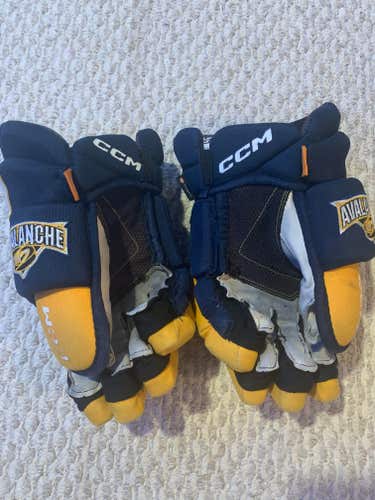
MikeLo

ctmoore7916
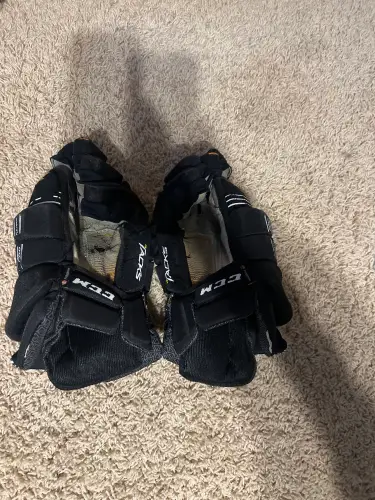
Hjm5
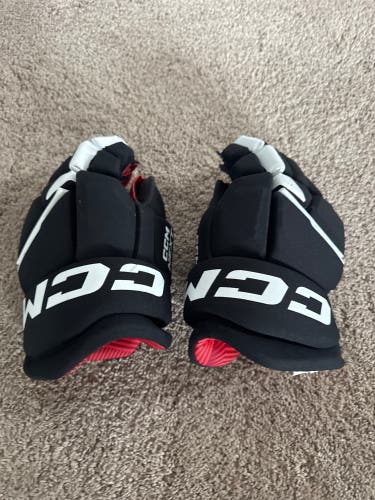
Karrissao10

Anthonyyu
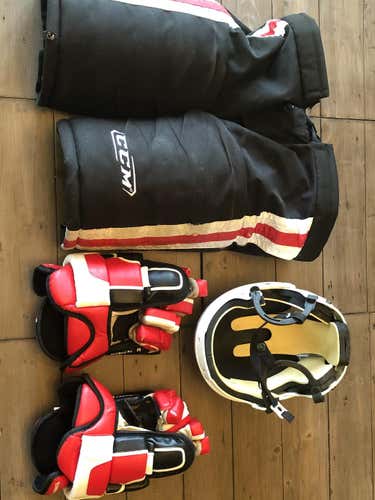
jfkasper

chrisxdudo

HockeyBustr

Beerzy085

arreaaga

Eaglezzz77
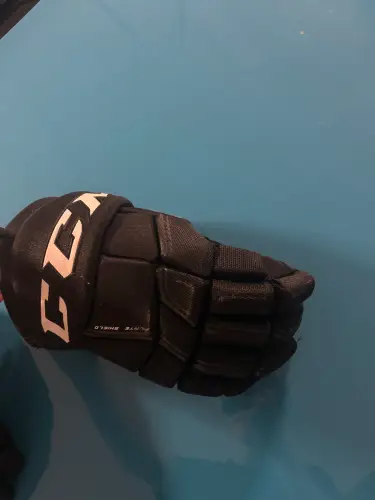
MMox09
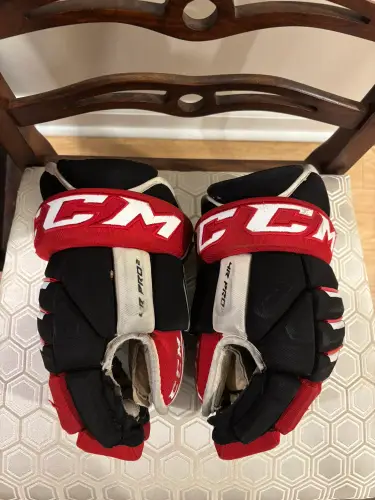
JH_97

domdickson41

Shvub11

Cormier25jets

pghuebs
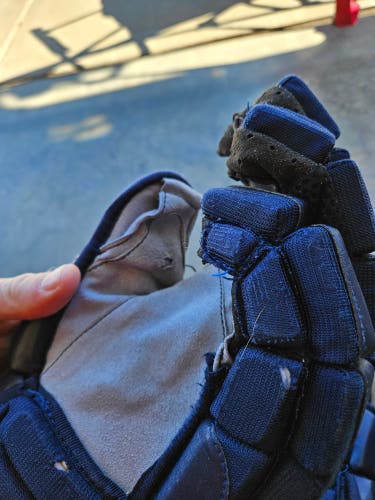
Dvehlewald1212

pauldukovac
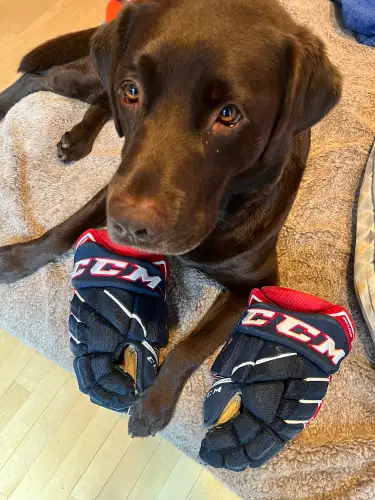
Scully30

keenanea

chrisxdudo

samuelamaral
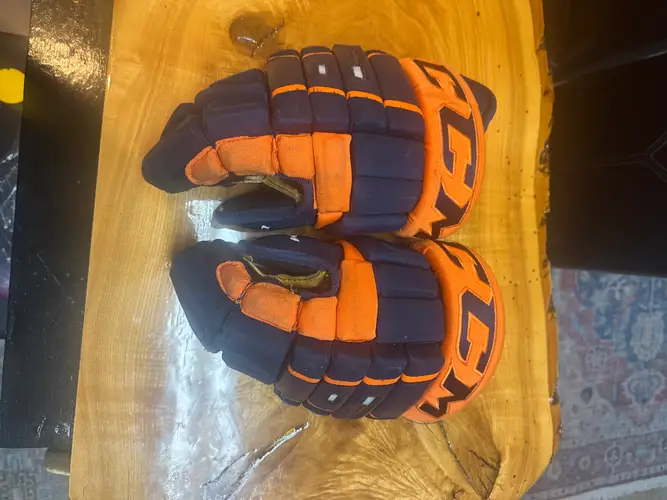
Rwnelson8

hockeylover9000

FSThriftii

PNWHockeyShop
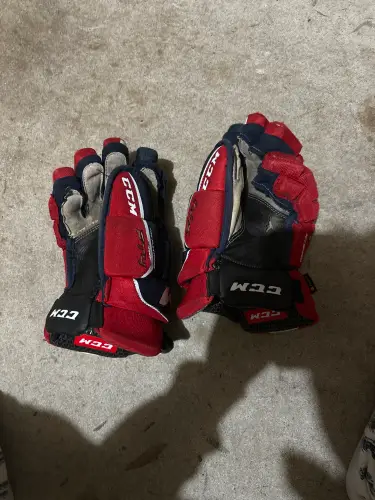
Luka82827

Mikajoly21

Geo55
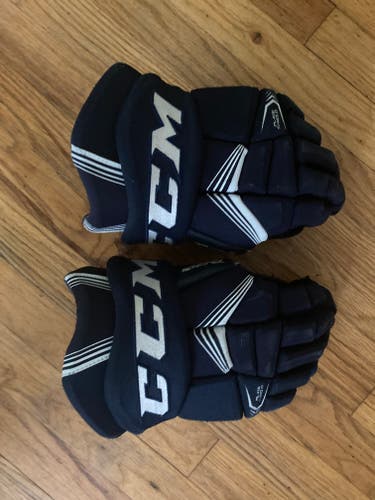
bardowneveryday
